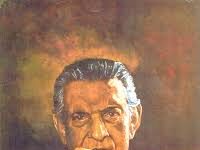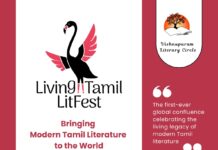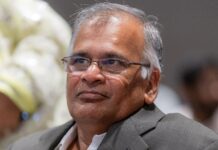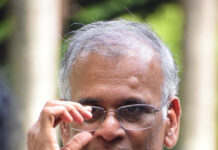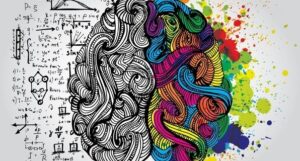 Hi,
Hi,
I am a big fan of your books and thoughts. Came across one of your videos from the unified wisdom YouTube channel where you were speaking how religion/spiritualism is beyond science and it should not be validated by science. This argument never made sense to me. I have a few questions about it and had this on my mind for a long time. I hope to understand your perspectives on it.
If something is beyond logic and cannot be proved by logic how would you even know it is real? We can make up any number of illogical things, for example what if someone says Spider-Man is real and you cannot disprove it because it is beyond logic. Rationalists often use the “flying spaghetti monster” to demonstrate this thought process.
If we start accepting things beyond logic why restrict ourselves to beliefs in India. Why not believe all religions are true. Why even restrict ourselves to religion why not believe in folk tales and children stories. You could argue that those are also beyond logic & science.
Often the counter argument to this question is “you must experience it yourself”. But our experiences are unreliable, our brain is unreliable. It is not a very precise measuring tool. It is prone to all sorts of illusions. That is the exact reason we developed scientific and logic testing methods in the first place. Believing in things without any evidence/science can be a very risky path as there are millions of beliefs around the world and more getting created everyday.
Thanks for your time.
Sincerely,
Arivan Magilan. M
Dear Arivan
For the sake of argument, we can argue that nothing is beyond logic, but as we all know, there are many things beyond our logic. Certain things, such as our time, sensory system, neurosystem, and cultural background, constrain our logic.
Over the past few thousand years, humans have developed logic as a tool for understanding the world and their lives. It is not a natural thing; it has no cosmic meaning. Through language, humans collected the piecemeal knowledge they acquired into a common system, which gradually became their property. We are aware that all other living beings around us lack logic and rely solely on their instincts, which are beyond their comprehension. Why should one believe humans have no such biological and natural instincts, and that the logical system they developed for a few thousand years is the only way to understand the cosmos?
We are biological entities; we live in nature, which is part of the cosmos. So we have biological knowledge, knowledge of nature, and cosmic knowledge inside us. They dwell in our subconscious and unconscious. Logic is based only on our consciousness, and it has its limitations. Consciousness is constrained by the timespace it occupies. We can simply define intuition as ‘transcending logic and pervading the unconscious to acquire the three levels of biological, natural, and cosmic knowledge’.
Logic explains the universe by separating us from it; intuition explains it by making us part of it. Logic is the primary way of using knowledge to understand our lives and nature. No one can dismiss it. However, humans have a natural curiosity to explore alternative methods of acquiring knowledge. The primary error in your reasoning lies in the examples you provide, which are easily observable and demonstrable through logic. If logic can easily explain them, there is no need for intuition. Intuition is a device to cross the boundaries of logic.
I am merely providing a glimpse into the philosophical discussion on this topic; philosophers have been passionately debating these issues for a long time.
je

